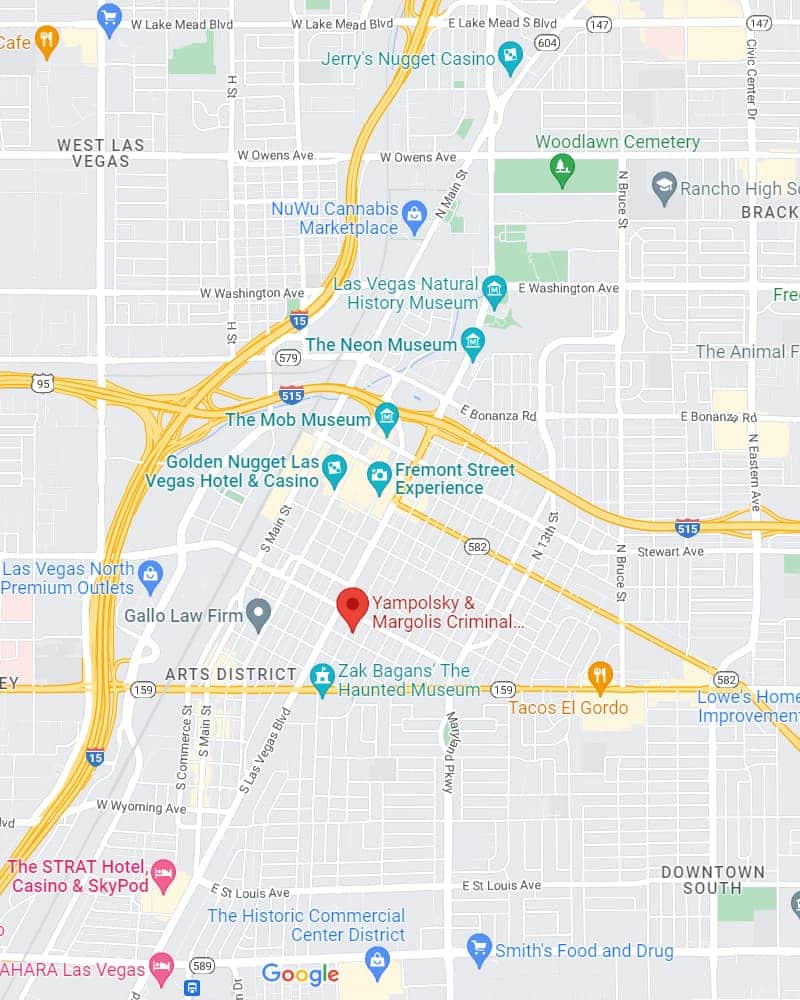In recent decades, the issue of drug crime punishment has been a subject of heated debate across the globe. Traditional approaches often emphasize punitive measures such as incarceration, which can perpetuate cycles of addiction, poverty, and crime. However, an emerging school of thought advocates for alternative approaches that prioritize rehabilitation, community support, and addressing underlying issues. In this blog, we’ll delve into some of these alternative approaches and their potential benefits.
1. Drug Courts
Drug courts represent a progressive departure from the punitive model of addressing drug-related offenses. These specialized courts offer a more nuanced approach, recognizing that addiction is a complex issue requiring comprehensive solutions beyond mere incarceration. Instead of locking up non-violent drug offenders, drug courts prioritize rehabilitation and support.
Participants are directed towards tailored treatment programs, counseling sessions, and regular drug testing, aiming to address the underlying causes of substance abuse. By focusing on healing rather than punishment, drug courts empower individuals to overcome addiction and reintegrate into society as productive members.
Importantly, research has consistently demonstrated the efficacy of drug courts in reducing recidivism rates, thereby promoting public safety, and also in saving taxpayer money by alleviating the burden on the criminal justice system. Through their emphasis on rehabilitation and community reintegration, drug courts offer a promising alternative to traditional punitive measures, heralding a more compassionate and effective approach to tackling drug-related crimes.
2. Harm Reduction Programs
Harm reduction programs represent a pragmatic response to drug use, aiming to mitigate its negative consequences rather than simply punishing users. These initiatives offer vital services like needle exchange programs, safe injection sites, and access to overdose-reversal drugs like naloxone. By prioritizing public health and safety, they seek to curb the spread of infectious diseases, prevent fatal overdoses, and link individuals with essential resources for treatment and support.
Advocates assert that these programs are far more effective at tackling the multifaceted challenges of drug addiction compared to punitive measures, emphasizing the importance of a compassionate and pragmatic approach to addressing substance abuse issues within communities.
3. Restorative Justice
Restorative justice principles offer a transformative approach to addressing drug crimes, focusing on healing and repairing the harm inflicted on individuals and communities. In the context of drug offenses, this method entails facilitating constructive dialogue and interaction among offenders, victims, and community members.
Through this process, participants have the opportunity to understand the underlying causes of drug abuse, confront the impact of their actions, and work towards restitution and rehabilitation. By prioritizing empathy, accountability, and reconciliation over punitive measures, restorative justice addresses the root issues of trauma, social inequities, and systemic failures that contribute to drug-related offenses.
Ultimately, this approach holds the potential to disrupt the vicious cycle of violence and addiction by fostering meaningful connections, promoting personal growth, and rebuilding trust within communities.

4. Decriminalization and Legalization
Decriminalization and legalization represent progressive policy shifts aimed at addressing the failures of punitive drug enforcement strategies. Decriminalization entails reducing or eliminating criminal sanctions for drug possession, often replacing them with civil penalties or diversion programs.
Conversely, legalization involves regulating and taxing drug production, distribution, and sales, akin to alcohol and tobacco. Proponents of these measures contend that they can dismantle the illicit drug market, mitigate drug-related violence, and redirect resources toward prevention, treatment, and harm reduction initiatives.
By shifting the focus from punishment to public health and social welfare, decriminalization and legalization offer promising avenues for mitigating the adverse consequences of drug abuse while fostering a more equitable and compassionate approach to drug policy.
5. Community-Based Support Services
Investing in community-based support services is paramount in tackling the multifaceted issues underlying drug crime. By addressing the social, economic, and health disparities that often drive individuals toward substance abuse, communities can create a more conducive environment for rehabilitation and crime prevention. By shifting the focus from punitive measures to restorative justice initiatives such as community service, the criminal justice system can address the root causes of drug crime while also reintegrating offenders into society.
Initiatives such as expanding access to affordable housing, mental health services, job training, and education opportunities are instrumental in providing individuals with the necessary support systems to break free from cycles of addiction and criminal behavior.
By tackling the root causes of drug abuse and offering holistic support, communities not only foster individual healing and growth but also contribute to the overall well-being and safety of society.
Conclusion
The typical approach to punishing drug crimes hasn’t worked well and has been costly. It only keeps individuals stuck in addiction cycles, moving in and out of prison. However, there are alternative methods we can use to address this issue. Instead of solely punishing offenders, we can concentrate on aiding their recovery, lessening drug-related harm, and fostering community support. By exploring these alternative strategies, we can create a more compassionate, equitable, and efficient response to drug-related offenses, benefiting all parties involved.

FAQs
Here are some questions about “Alternative Approaches to Drug Crime Punishment”:
Q. What are the main goals of sentencing reform in the context of drug crimes?
The main goals of sentencing reform in the context of drug crimes are to promote fairness, effectiveness, and rehabilitation. This includes reducing overly harsh penalties, addressing racial disparities in sentencing, providing alternatives to incarceration such as drug treatment programs or probation, and focusing on addressing the root causes of substance abuse rather than simply punishing offenders. Additionally, sentencing reform aims to decrease recidivism rates by offering support services and rehabilitation programs to help individuals reintegrate into society successfully.
Q. How does drug treatment diversion programs work?
Drug treatment diversion programs work by providing individuals who have committed non-violent drug-related offenses with an alternative to traditional incarceration. Instead of being sent to jail or prison, participants are offered the opportunity to undergo drug rehabilitation and counseling. These programs typically involve a combination of therapy, education, and support services aimed at addressing the underlying issues contributing to substance abuse. Participants may also be required to adhere to strict guidelines, such as regular drug testing and court supervision. Successful program completion often results in reduced or dismissed charges, while failure to comply may lead to reinstatement of the original sentencing. Overall, drug treatment diversion programs offer a way for individuals to receive the help they need to overcome addiction and avoid further involvement in the criminal justice system.
Q. What is the role of restorative justice in drug crime punishment?
Restorative justice plays a crucial role in drug crime punishment by focusing on repairing harm, promoting healing, and addressing the underlying issues that contribute to drug-related offenses. Instead of solely emphasizing punishment, restorative justice approaches involve bringing together offenders, victims, and communities to engage in dialogue, restitution, and rehabilitation. This approach seeks to foster empathy, accountability, and reconciliation, aiming to break the cycle of addiction and crime. By addressing the root causes of drug abuse and involving all stakeholders in the resolution process, restorative justice offers a more holistic and effective approach to addressing drug-related offenses.
Q. Are there any successful models of drug courts?
Yes, several successful drug courts have been implemented worldwide. These courts provide an alternative approach to traditional criminal justice for individuals with substance use disorders. One notable example is the model implemented in the United States, where drug courts offer a combination of treatment, probation, supervision, and incentives for participants who complete the program. Additionally, countries like Australia, Canada, and the United Kingdom have adopted similar models with positive outcomes, including reduced recidivism rates and improved participant rehabilitation. These successful models emphasize a holistic approach to addressing the underlying issues of drug addiction while providing support and accountability for offenders.
Q. What are diversion programs for drug offenders?
Diversion programs for drug offenders are alternatives to traditional prosecution and punishment. These programs aim to divert individuals from the criminal justice system and into rehabilitative interventions. Instead of facing jail time or formal convictions, participants may undergo drug education, counseling, treatment, or community service. The goal is to address the underlying issues contributing to drug abuse and help offenders overcome their substance use disorders. Diversion programs typically involve close supervision and monitoring, aiming to reduce recidivism and promote rehabilitation.
Q. How do intervention approaches differ between first-time offenders and repeat offenders in drug crime cases?
Intervention approaches vary between first-time offenders and repeat offenders in drug crime cases based on factors such as the severity of the offense, the individual’s history of substance use, and the effectiveness of previous interventions. For first-time offenders, interventions often focus on diversion programs, education, counseling, and community service to address underlying issues and prevent future criminal behavior. These approaches prioritize rehabilitation and give offenders the tools and support they need to make positive life changes. In contrast, interventions for repeat offenders may involve:
- More intensive treatment programs.
- Supervision.
- Monitoring to address entrenched patterns of behavior and reduce the risk of reoffending.
Additionally, repeat offenders may face stricter penalties and consequences to deter further criminal activity. Ultimately, intervention approaches for both first-time and repeat offenders aim to promote accountability, rehabilitation, and successful reintegration into society.
Consult With Our Drug Crimes Defense Lawyers Today!
At the Law Offices of Mace J. Yampolsky, our drug crimes defense lawyers in Las Vegas specialize in helping individuals facing drug crime charges. Our firm is dedicated to finding different ways to handle drug crime punishment. We focus not just on winning cases but also on helping clients through therapy and probation. We work towards alternatives that lead to recovery and healing. With our experience in drug crime cases and our commitment to supporting our clients, we aim to help them move forward positively.
Contact us today if you or someone you know is facing drug crime charges. We’re here to offer the assistance and support you need!







